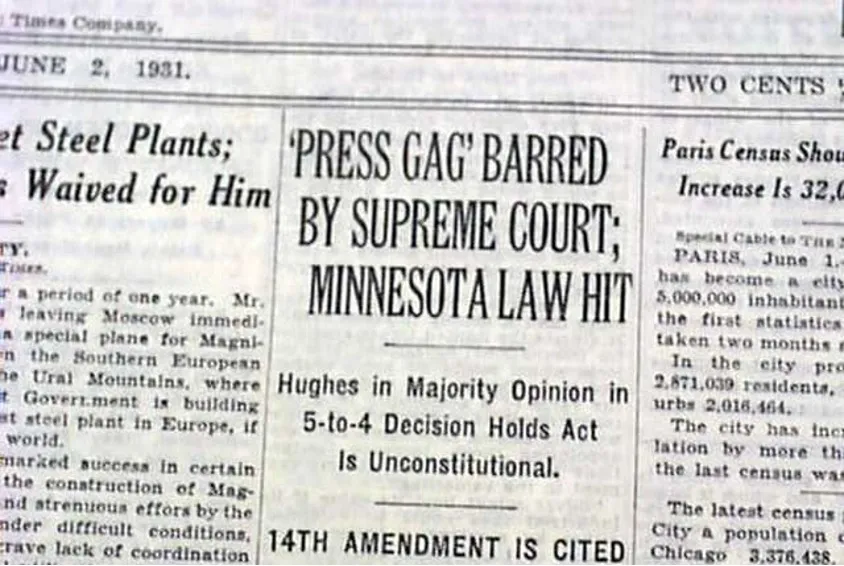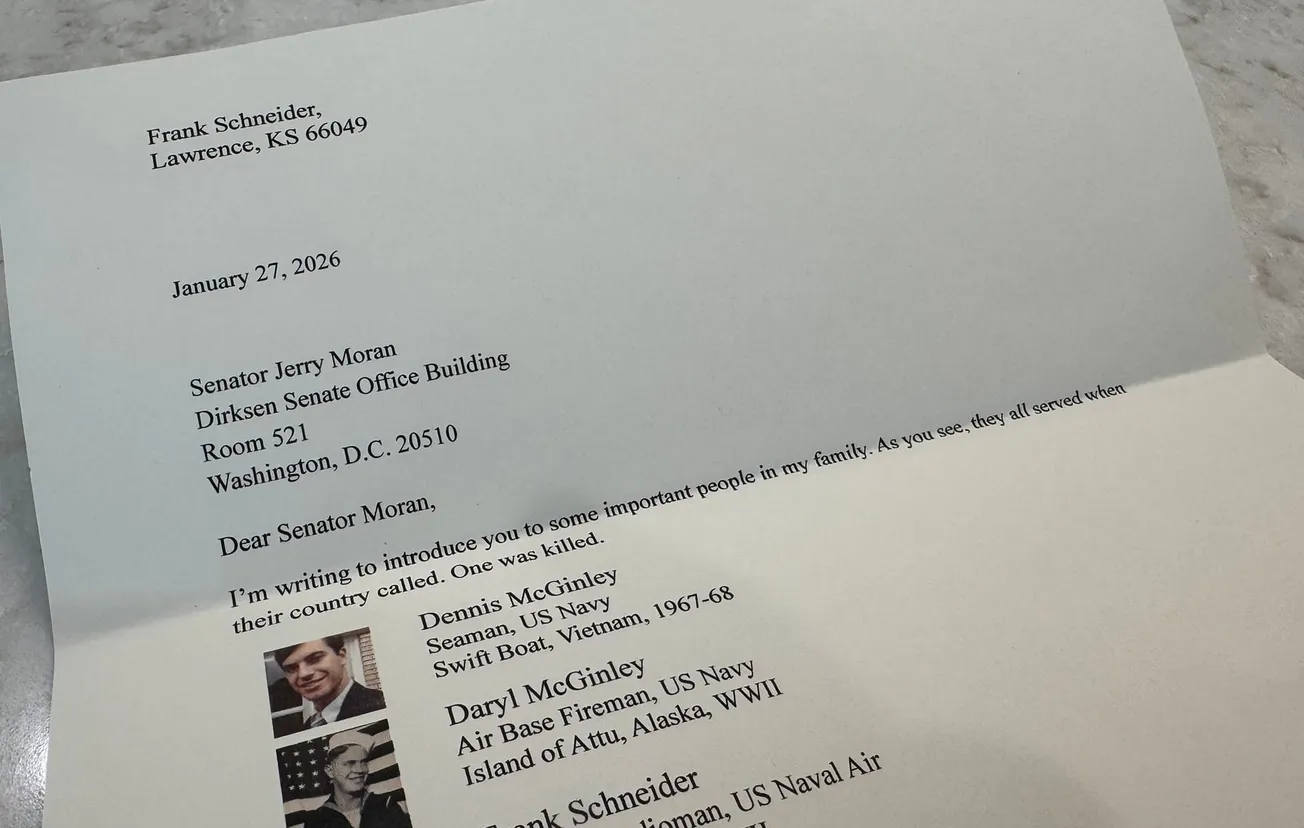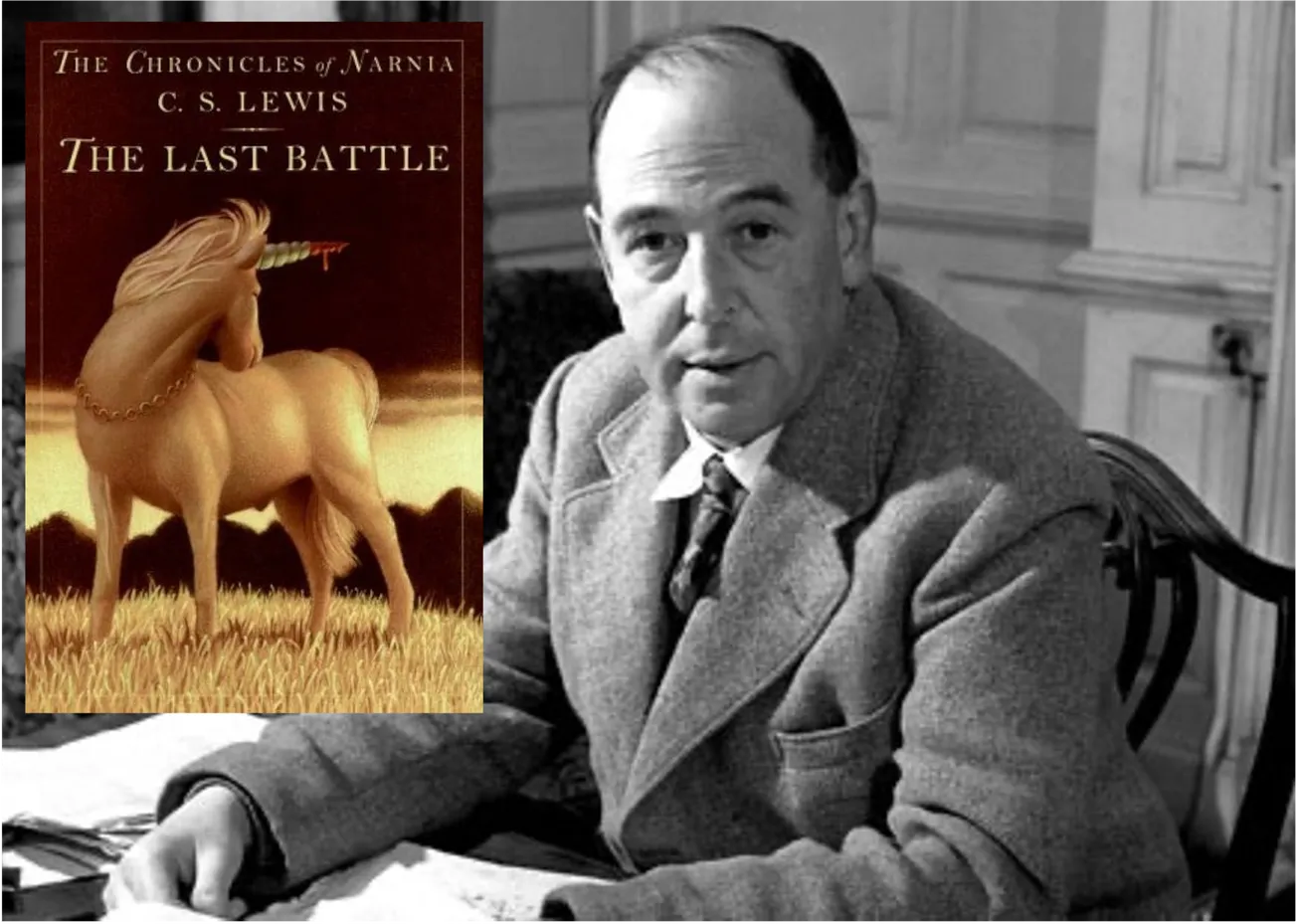Table of Contents
The First Amendment case Near v. Minnesota is more than 90 years old, still law of the land, and still protecting us from authoritarian threats. The 1931 decision held that “prior restraint” on publishing even false and tasteless news violated the First Amendment. It insists that you can’t stop anyone from publishing anything, period. And who do we know today that would stop the presses if he could?
One President comes to mind.
This President loves the First Amendment when slandering victims of sexual abuse, political opponents, Justice Department prosecutors and basically any fly in his slippery ointment. But on the topic of how the press covers him, we can expect retribution to begin promptly on Dictator Day (his first day back in office). He won’t hesitate to use government power to silence the “enemy of the people” press, and he has suggested that some journalists should be jailed.
Almost every President has trouble with the press. Lincoln used his wartime powers to engage in widespread censorship, closing newspapers, and going so far as imprisoning particularly "disloyal" reporters and editors. Although well beyond Constitutional limits, it was a civil war, after all, so one is inclined to give him some slack. Today there is no such emergency, merely an angry, whining President who doesn't really grasp or care about the Constitution, the First Amendment, or Near v. Minnesota, if he knew what it was.
A little more about Jay Near, a Minneapolis publisher whose tabloid newspaper routinely attacked Catholics, Jews, blacks and labor unions. But that’s not what got him into trouble. Things didn’t get out of hand legally until he accused the mayor, the police chief and Hennepin County Attorney (and future Governor) Floyd Olson of corruption. Olson sued Near under a public nuisance law that targeted “malicious” journalism, a gag law. In other words, he put Near out of business.
Near sued back and won. The case has been upheld many times, most prominently in the 1971 case New York Times v. United States, the Pentagon Papers. If we met him today, we probably wouldn’t care much for Jay Near. But we should be grateful that he fought a good fight that made the American press the freest in the world. Thanks, Jay Near.







